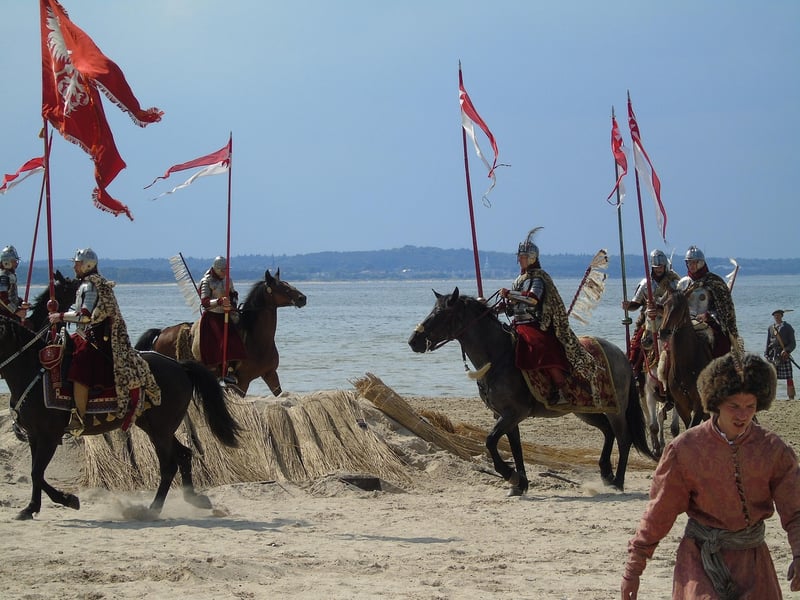Historical Events
Exploring Different Time Periods and Historical Events
History is a fascinating subject that allows us to delve into the past, understand our roots, and learn from the experiences of those who came before us. By exploring different time periods and significant historical events, we can gain valuable insights into the development of civilizations, cultures, and societies. Let's take a journey through time and discover some pivotal moments in history:
Ancient Civilizations
Ancient civilizations such as the Egyptian, Greek, Roman, and Mesopotamian cultures laid the foundation for modern society. The construction of the pyramids in Egypt, the philosophy of Socrates and Plato in ancient Greece, the engineering marvels of the Roman Empire, and the invention of writing in Mesopotamia are just a few examples of the remarkable achievements of these early societies.
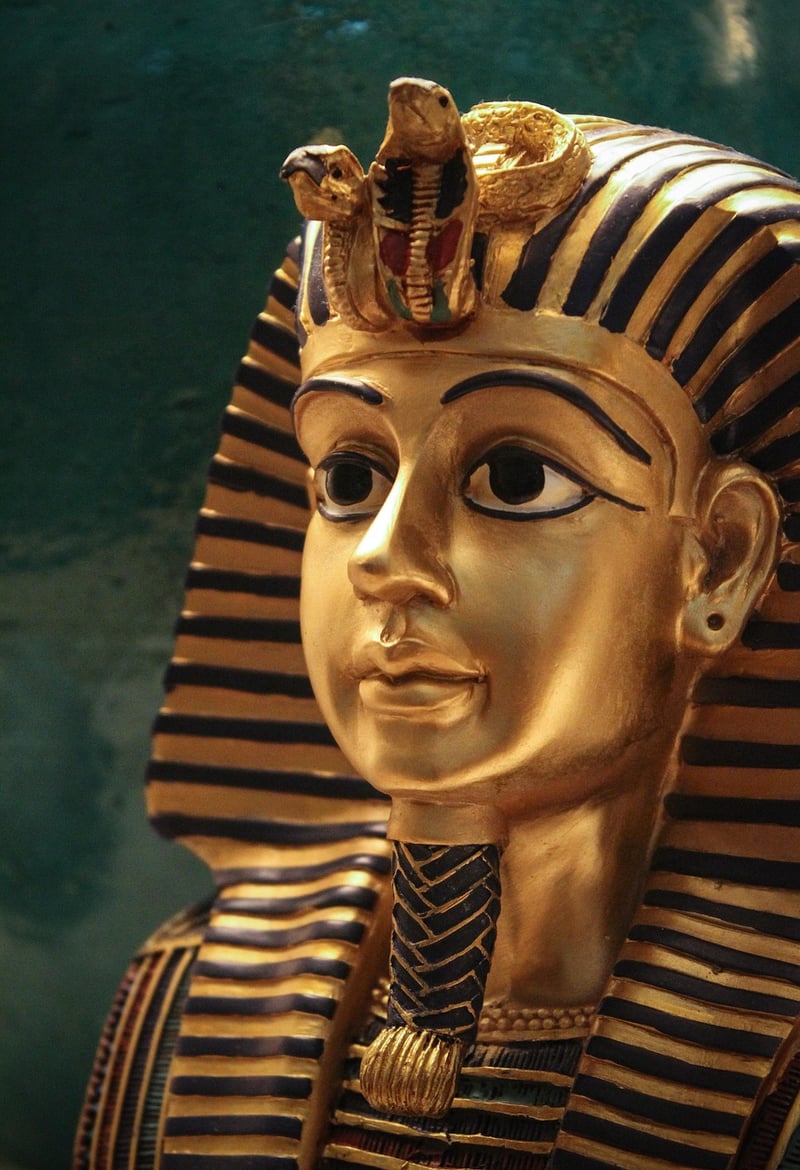
The Middle Ages
The Middle Ages, also known as the medieval period, spanned from the 5th to the 15th century. This era saw the rise of powerful empires such as the Byzantine Empire and the Holy Roman Empire, as well as significant developments in art, architecture, and religion. The construction of magnificent cathedrals, the epic tales of knights and chivalry, and the devastating effects of the Black Death are all defining features of the Middle Ages.
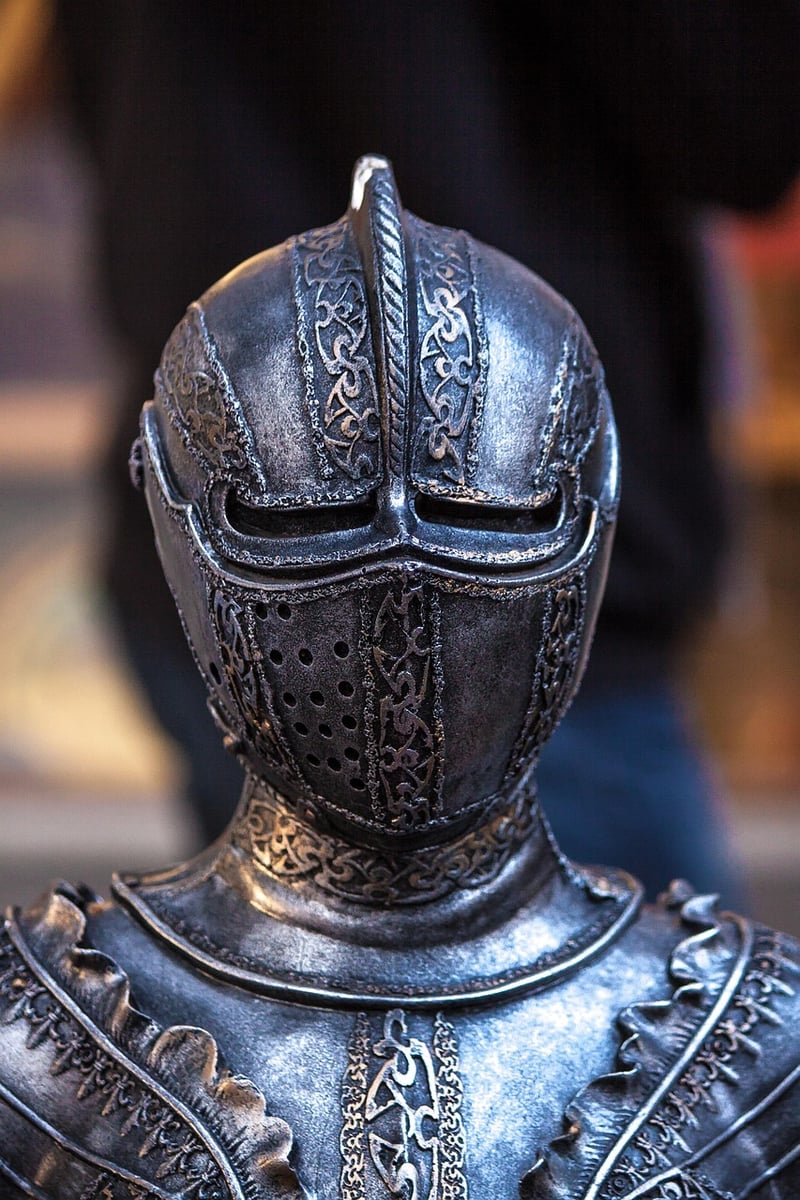
The Age of Exploration
The Age of Exploration, which began in the 15th century, marked a period of significant discovery and expansion. Explorers such as Christopher Columbus, Vasco da Gama, and Ferdinand Magellan embarked on voyages that led to the exploration of new lands and the establishment of global trade routes. The encounter between different cultures, the exchange of goods and ideas, and the colonization of foreign territories are key aspects of this transformative era.
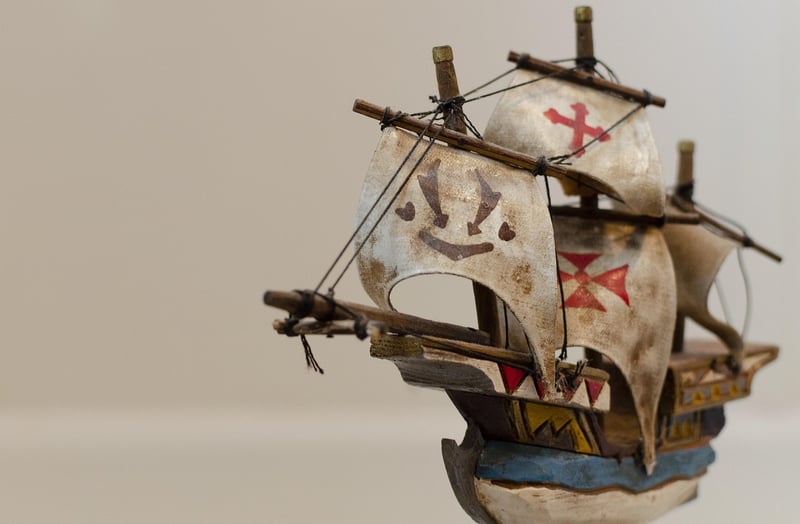
The Industrial Revolution
The Industrial Revolution, which began in the late 18th century, ushered in a period of rapid industrialization and technological advancement. Innovations such as the steam engine, the spinning jenny, and the telegraph revolutionized the way goods were produced and transported. The rise of factories, urbanization, and the transformation of economies from agrarian to industrial are central themes of this era.

World Wars
The 20th century witnessed two devastating world wars that reshaped the geopolitical landscape and had far-reaching consequences. World War I, known as the Great War, and World War II, the deadliest conflict in history, led to immense loss of life, the rise of totalitarian regimes, and the beginning of the nuclear age. The impact of these wars continues to be felt to this day.
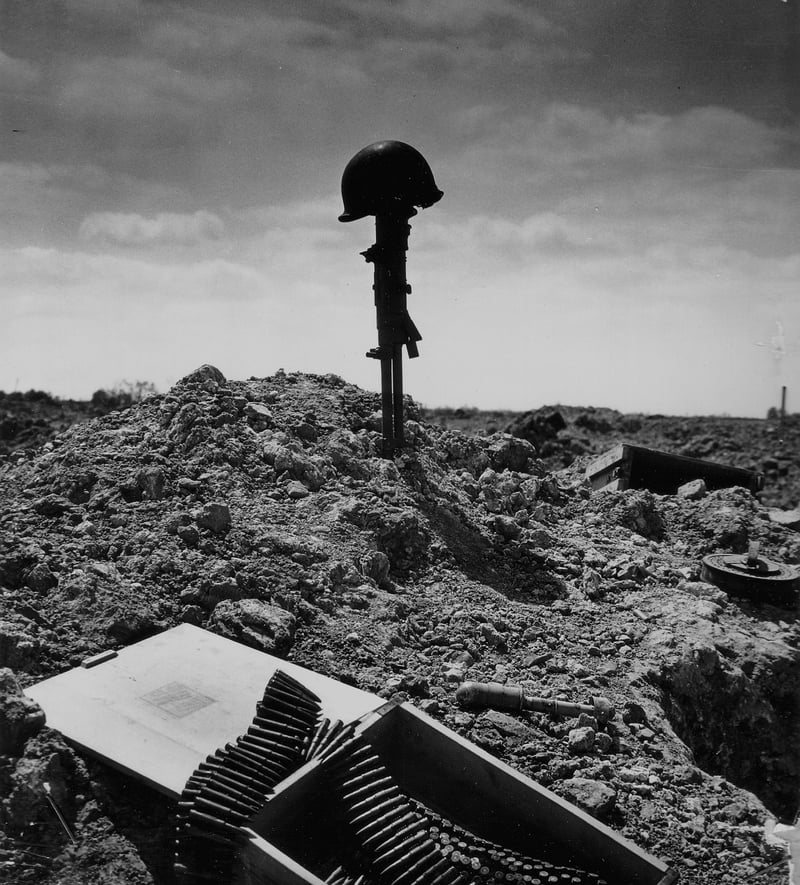
By exploring different time periods and historical events, we can gain a deeper appreciation for the complexities of human history and the enduring legacy of past civilizations. Each era offers valuable lessons and insights that can help us navigate the challenges of the present and shape a better future.
